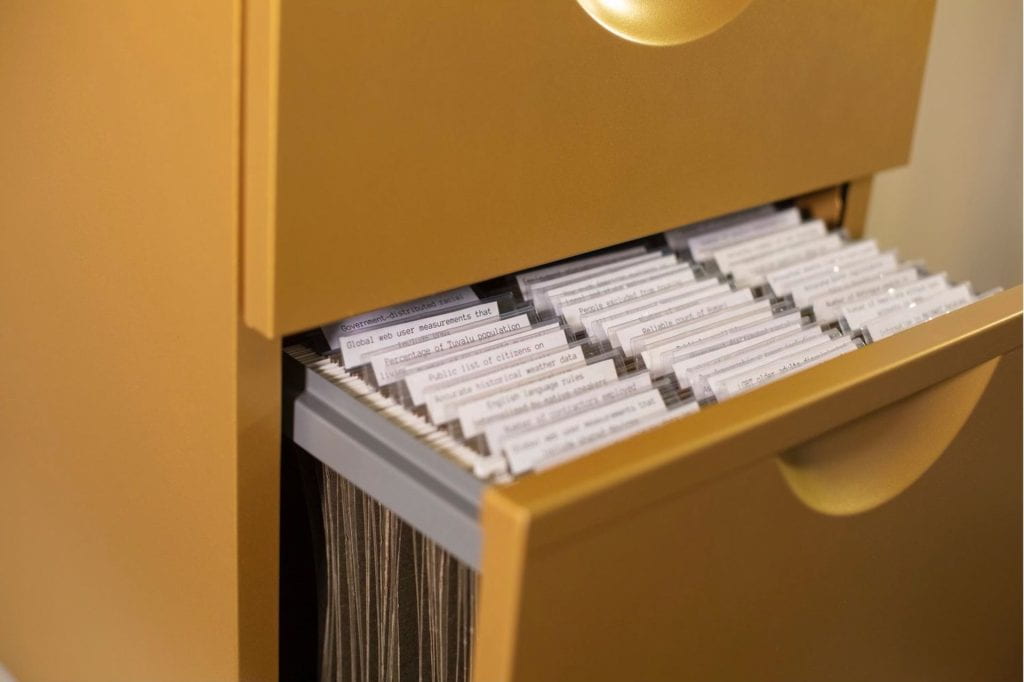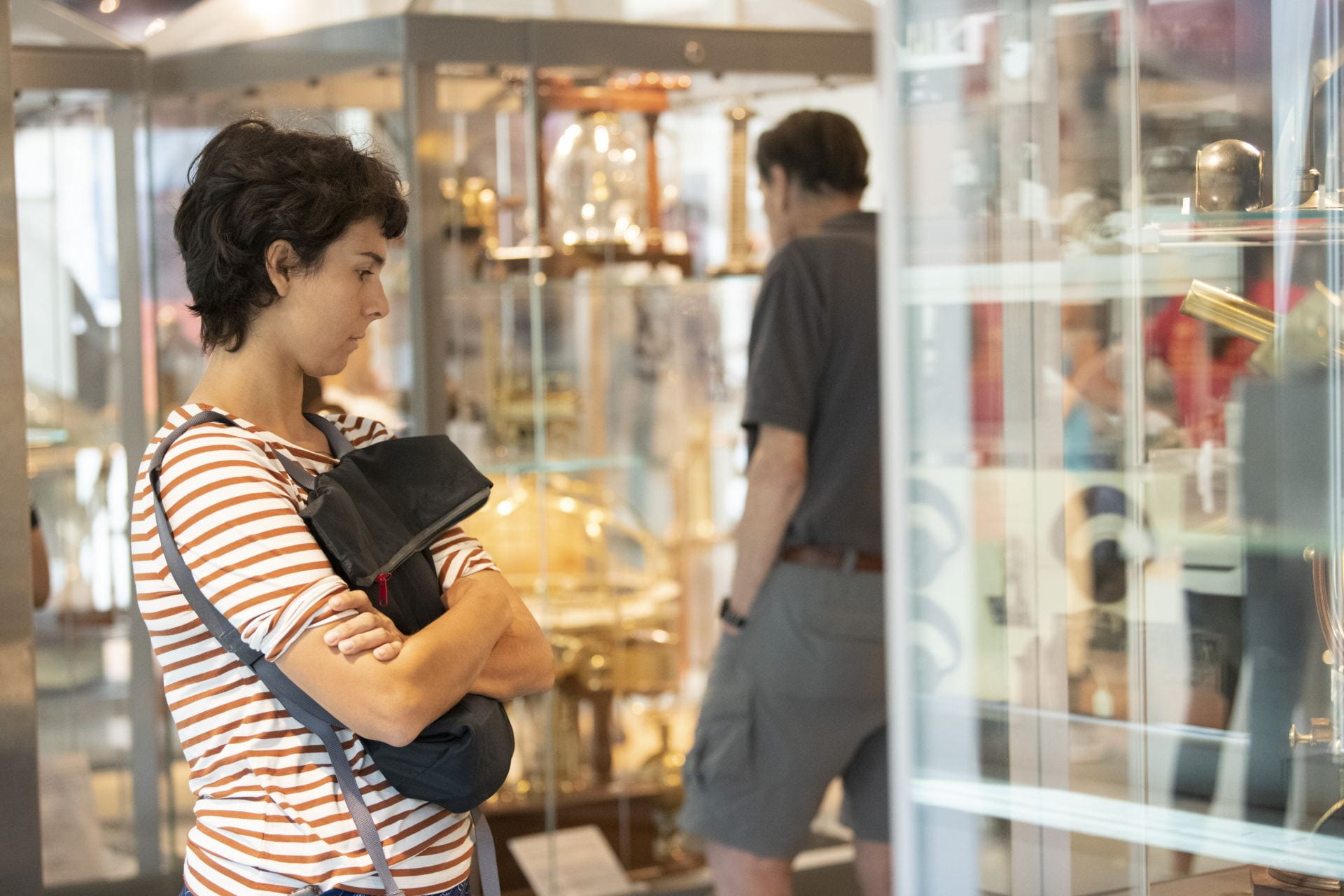Geological Lecture Hall, 24 Oxford Street, Cambridge, MA 02138
This event has been postponed.
Public Moderated Conversation
Speakers: Simone Browne, Mimi Ọnụọha, and Gabriella (Biella) Coleman
Moderated by Gabriella Coleman, Professor of Anthropology, Harvard University
In this conversation, Simone Browne and Mimi Ọnụọha will examine how artists have critically grappled with the hidden infrastructures of surveillance today, and explore the consequences of what is made visible through data. A reception will follow in the related Surveillance exhibition at the Collection of Historical Scientific Instruments, Harvard Science Center, 1 Oxford Street, second floor, Cambridge, MA, 7:30–8:15 pm.
Free and open to the public.
Free event parking at the 52 Oxford Street Garage.
Presented in collaboration with the Department of the History of Science, Harvard University and the Collection of Historical Scientific Instruments, Harvard University and the Harvard Museums of Science & Culture.
Related exhibition: Surveillance: From Vision to Data
About the Speakers
Simone Browne is Associate Professor in the Department of African and African Diaspora Studies at the University of Texas at Austin. She is also Research Director of Critical Surveillance Inquiry (CSI) with Good Systems, a research collaborative at the University of Texas at Austin. CSI works with scholars, organizations, and communities to curate conversations, exhibitions and research that examine the social and ethical implications of surveillance technologies, both AI-enabled and not. With a focus on algorithmic harm and tech equity, we continually question “what’s good?” in order to better understand the development and impact of artificial intelligence.
Simone is currently writing her second book manuscript, Like the Mixture of Charcoal and Darkness, which examines the interventions made by artists whose works grapple with the surveillance of Black life, from policing, privacy, smart dust and the FBI’s COINTELPRO to encryption, electronic waste and artificial intelligence. Together, these essays and interviews explore the productive possibilities of rebellious methodologies and creative innovation when it comes to troubling surveillance and its various tactics, and imagining Black life beyond the surveillance state.
Nigerian-American artist Mimi Ọnụọha‘s work deploys choice moments of seeming absence to question and expose the contradictory logics of technological progress. Through print, code, data, video, installation, and archival media, Ọnụọha offers new orientations for making sense of the gaps that define systems of labor, ecology, and relations. Ọnụọha’s recent solo exhibitions include bitforms gallery (USA) and Forest City Gallery (Canada). Her work has been featured at the Whitney Museum of Art (USA), the Australian Centre for Contemporary Art (AUS), Mao Jihong Arts Foundation (China), La Gaitê Lyrique (France), Transmediale Festival (Germany), The Photographers Gallery (UK), and NEON (Greece), among others. Her public art engagements have been supported by Akademie der Kunst (Germany), the Royal College of Art (UK), the Rockefeller Foundation (USA), and Princeton University (USA). https://mimionuoha.com/bios
Gabriella (Biella) Coleman is a full professor in the Department of Anthropology at Harvard University and is a faculty associate at the Berkman Klein Center for Internet & Society. Her scholarship and teaching address questions of science, technology, and medicine, focusing on the politics, cultures, and ethics of hacking. She is the author of two books on computer hackers and the founder and editor of Hack_Curio, a video portal into the cultures of hacking (you can learn more about the project here). In 2022, she hosted the BBC4 radio and podcast series, The Hackers. She formerly held the Wolfe Chair in Scientific and Technological Literacy at McGill University. She was an assistant professor in the Department of Media, Culture, and Communication at New York University.

